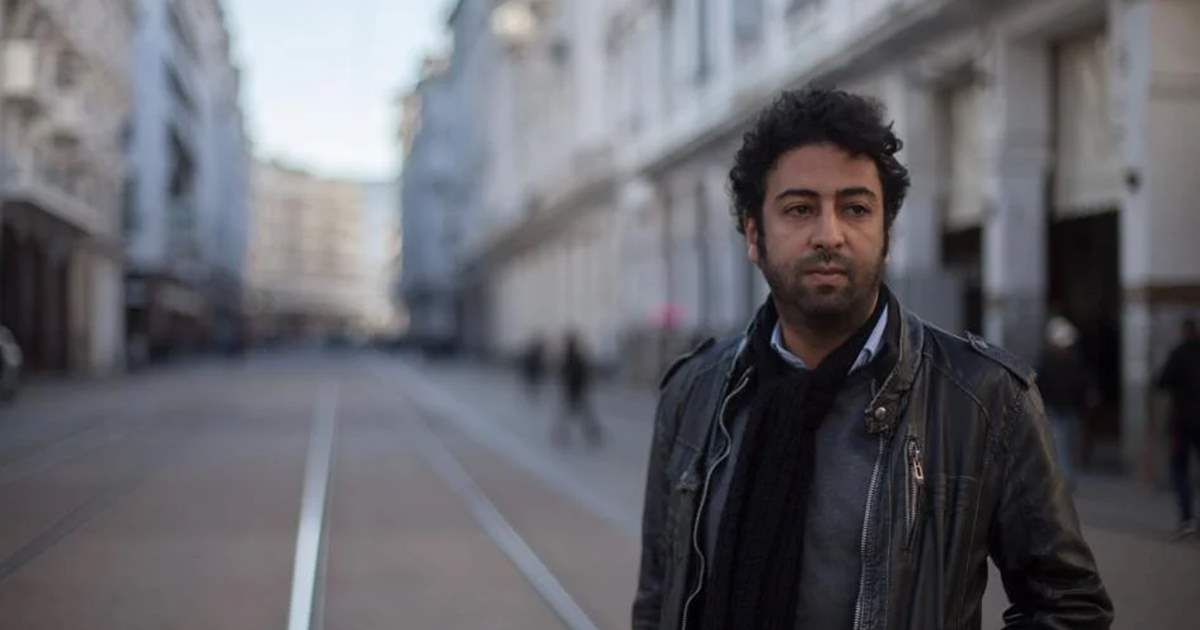
Amnesty International against the state of Morocco: a question of espionage
The non-governmental organization specializing in the fight for human rights recently published a report in which it accuses the State of Morocco of "illegal targeted surveillance" to the detriment of journalist and human rights defender Omar Radi.
This article will also interest you: How saudi Arabia would have spied on its nationals in the United States?
For their part, the Moroccan government is crying foul and accusing the non-governmental organization of trying to damage their image. The Moroccan authorities categorically refute in a statement on Friday (June 26th) the accusations made against them by Amnesty International. For her, the allegations of "infiltration of the phones of certain people" made by Amnesty International in its report, which was published on Monday (June 22nd), entitled : "A Moroccan journalist who has been attacked by network injection using tools designed by NSO Group" is completely baseless and empty of words.
If the title of the report does not index the Moroccan authorities, the content of the document produced by the international object highlights the fact that there was illegal use of espionage software provided by the Israeli company called NSO group. The software calls itself "Pegasus." The contents of the report attempt to describe illegal use of this software by the Moroccan authorities.
Indeed, the surveillance software developed by the Israeli company was allegedly used in a situation of "illegal targeted surveillance". The person targeted by this surveillance would be no one but the human rights activist and moroccan journalist Omar Radi. The latter is known to have conducted investigations on fairly sensitive subjects. In particular, talking about the exploitation of sand quarries, the so-called "servants of the state" or "e Hirak of the Rif". He is currently under police investigation into his "alleged involvement in a foreign-funded case in connection with intelligence services." He said that if he did not have enough evidence to link Amnesty International's report to the ongoing investigation against him. This does not prevent him from noticing a "concomitance anyway." Referring to the Amnesty International report, he said: "I regularly check my phone and always suspect that I am infected with spyware. My suspicions stem from the fact that A few years ago I was the victim of another espionage program, RCS, of the Italian company Hacking Team. So in 2019 I told Amnesty International about my doubts, which then carried out a remote technical analysis of my device. ».
In its report, Amnesty International reports that it has verified the smartphone used by Omar Radi. The audit was carried out by its it security branch Security Lab, a section that is run by an Italian spyware expert named Claudio Guarnieri. Based on analyses provided by its digital security arm, Amnesty International claims to have noticed that Moroccan journalist's iPhone had been hit by several network injection attacks. And that from the beginning of January 2019 to the end of January 2010. "Network injection is a technique that redirects a web page to a malicious site that, by creating a copy of the same page, allows the installation of spyware on the targeted phone," says Joseph Steinberg, an international computer security expert and author for the famous Media Inc. Forbes. Regarding this method of cyberattack, Amnesty International's report: "The network injection attacks observed in the country require either being close to targets or having access to Moroccan mobile operators, which only the government could allow,"
It should be noted that the report was picked up by 17 media outlets around the world. However, the charges do not confirm suspicions against the Moroccan authorities. "The perpetrator of the attacks could be the Moroccan authorities, as it could be someone else," notes the American expert. For the latter, it is only enough that the Israeli company sold its software to individuals or even to a government entity to make it difficult to determine the perpetrator of the various cyberattacks initiated on the basis of this program. Indeed, we remember that this group was already hit by a data leak, when one of the employees was caught selling the source code of the offending software for $50 million. Another excessive use of the software was observed when a former employee used it to track down a woman he fell in love with. Of course, because of the confidentiality that binds the Israeli company to its customers, it is impossible to know to whom this computer program was delivered. "We cannot reveal the identity of our clients because we work with them to fight terrorism, serious crime and threats to national security," says NSO Group.
In the wake of the accusations, the Moroccan authorities reacted by accusing them of wanting to charge them an offence they know they were not guilty of: "The pub[ndlr, d’Amnesty]lication of this report and the mobilization of 17 media outlets around the world to relay unfounded allegations are part of an agenda targeting Morocco, some of which is linked to hate circles in the Kingdom. , while others are in a logic of competition between economic groups around the marketing of equipment used in the information. The statement said as early as last Friday. "The Moroccan authorities also demanded that the representative of Amnesty send them, as soon as possible, the alleged tangible evidence to enable Morocco to do what is necessary to protect the rights of its citizens," the authorities said in the same statement.
Now access an unlimited number of passwords:
